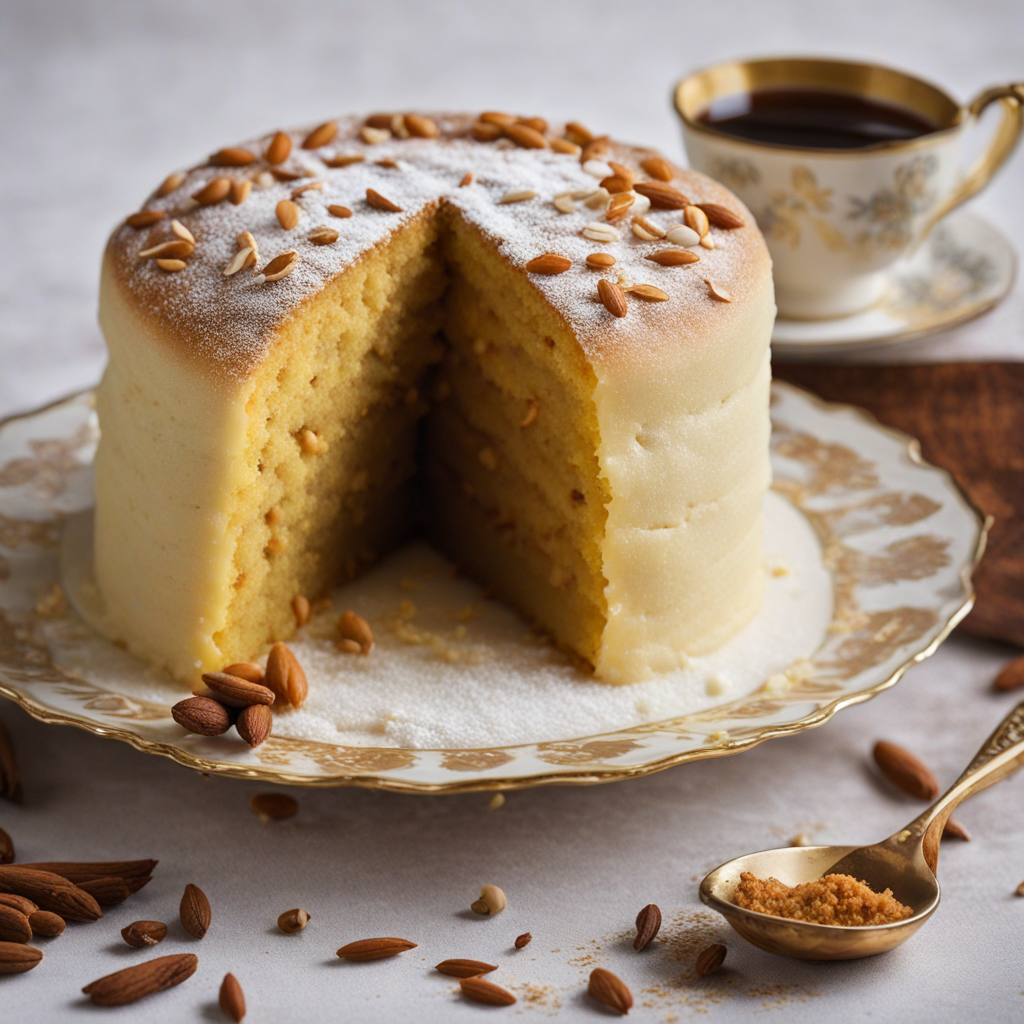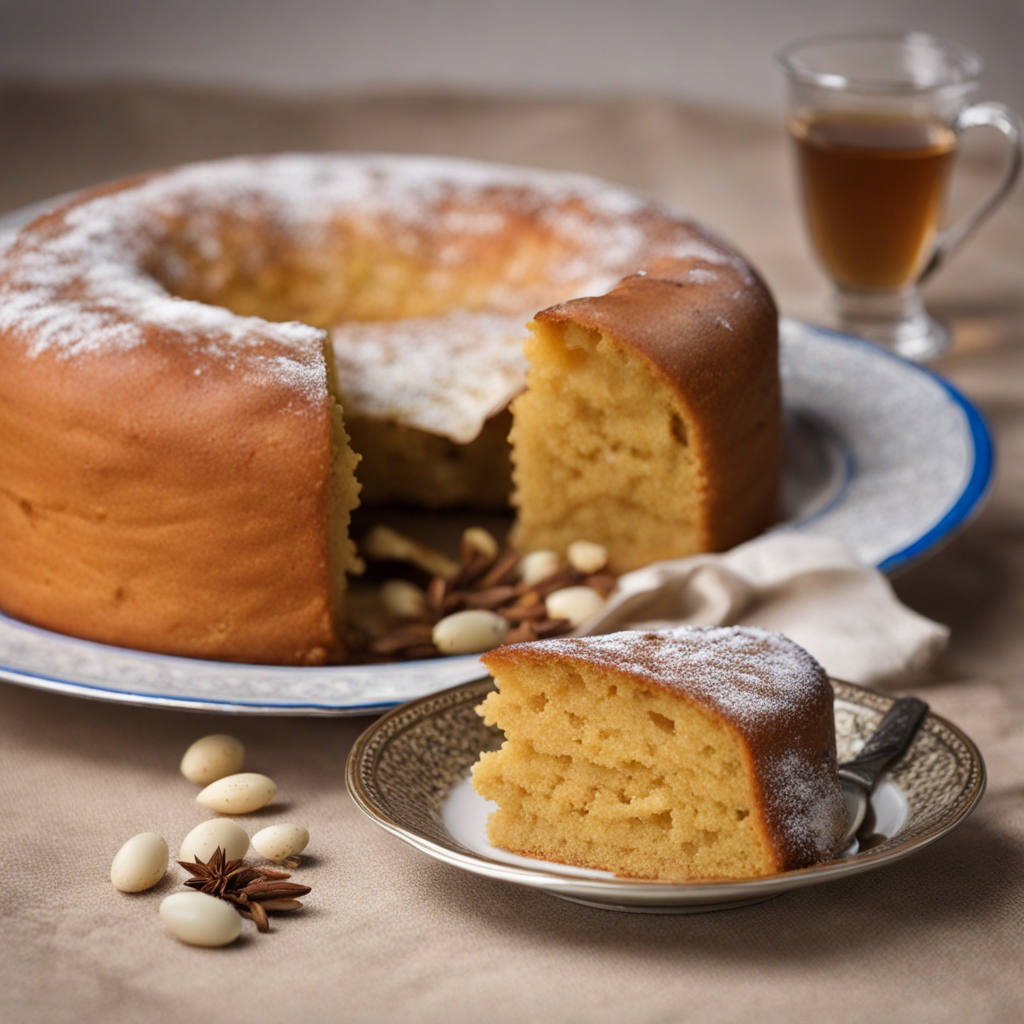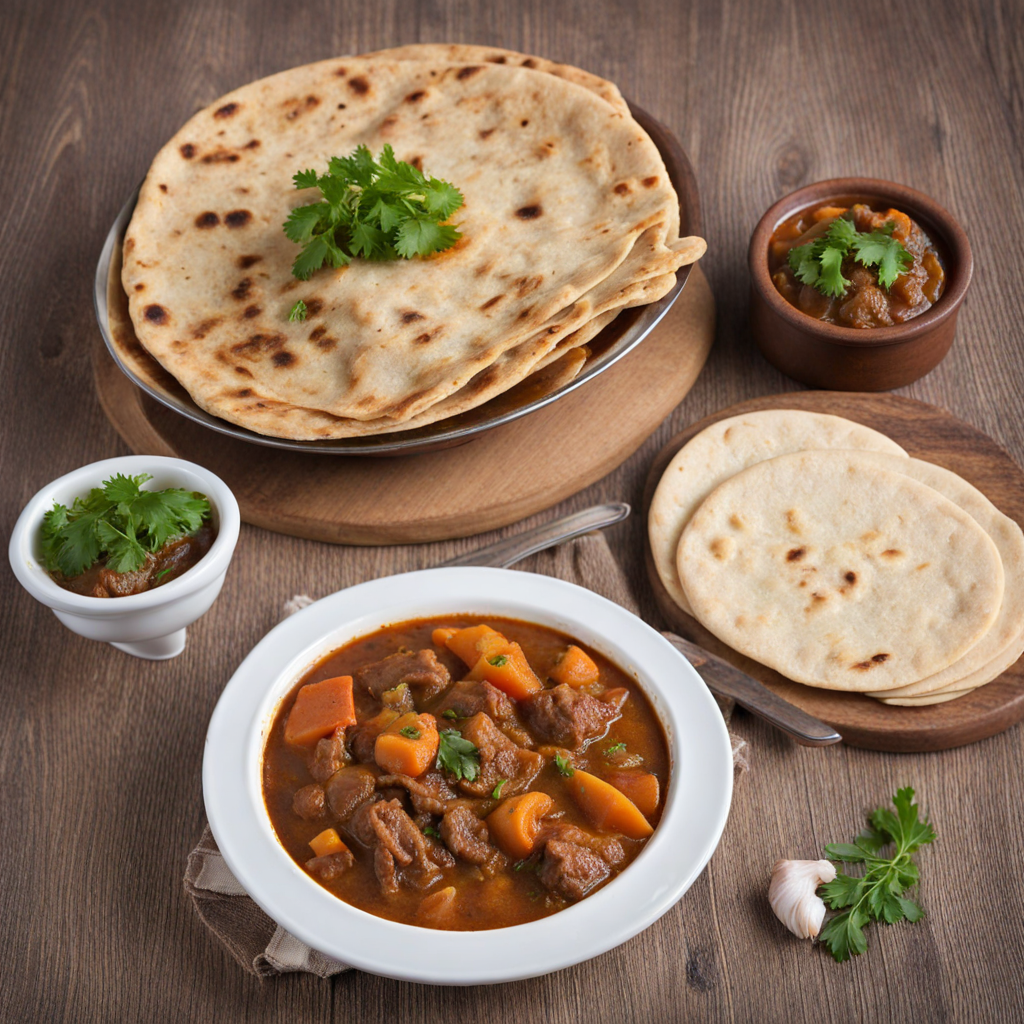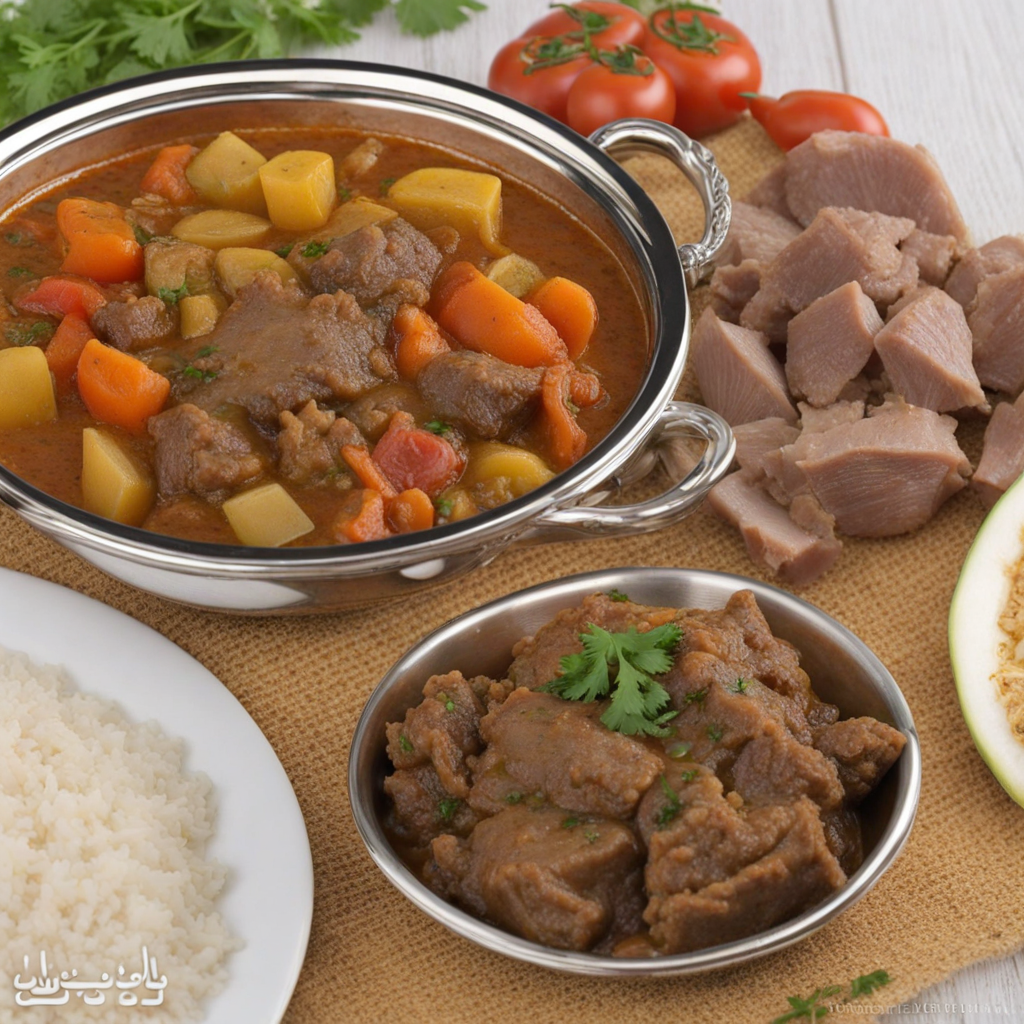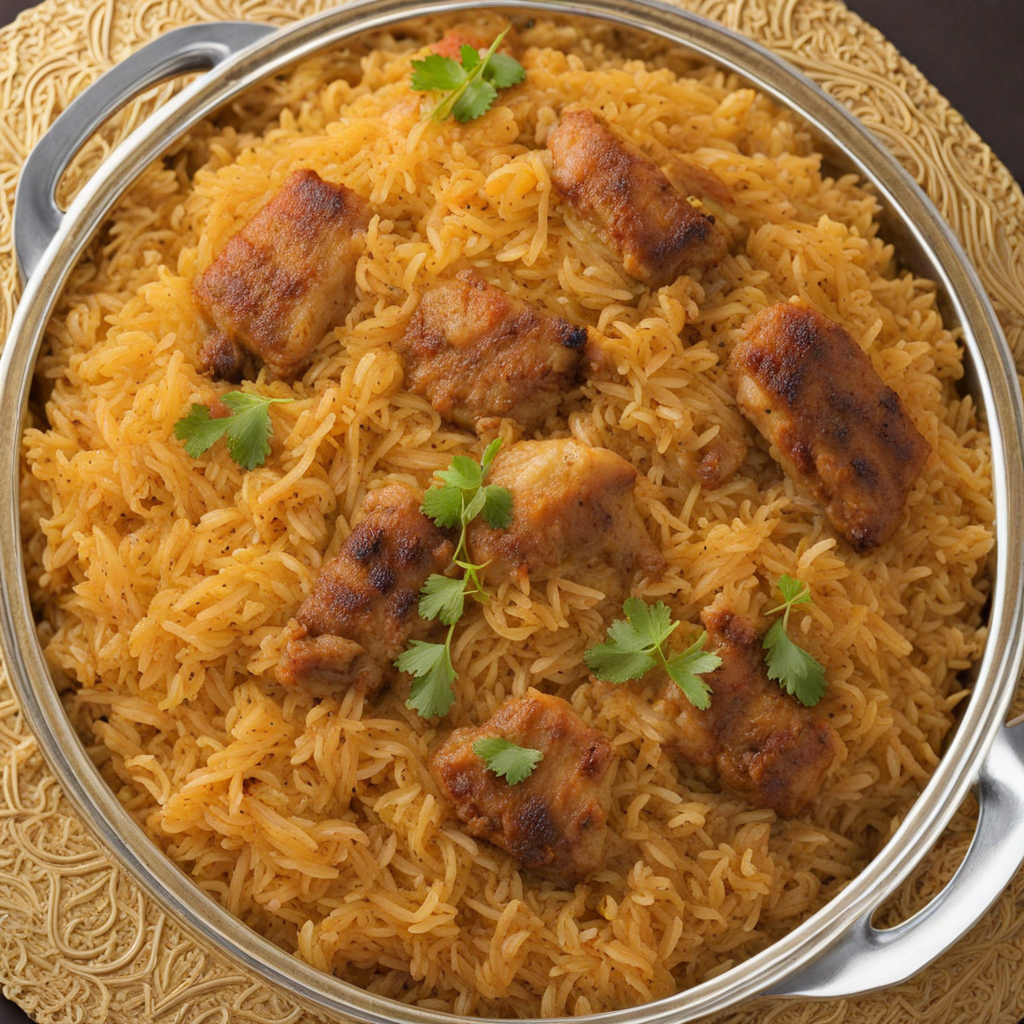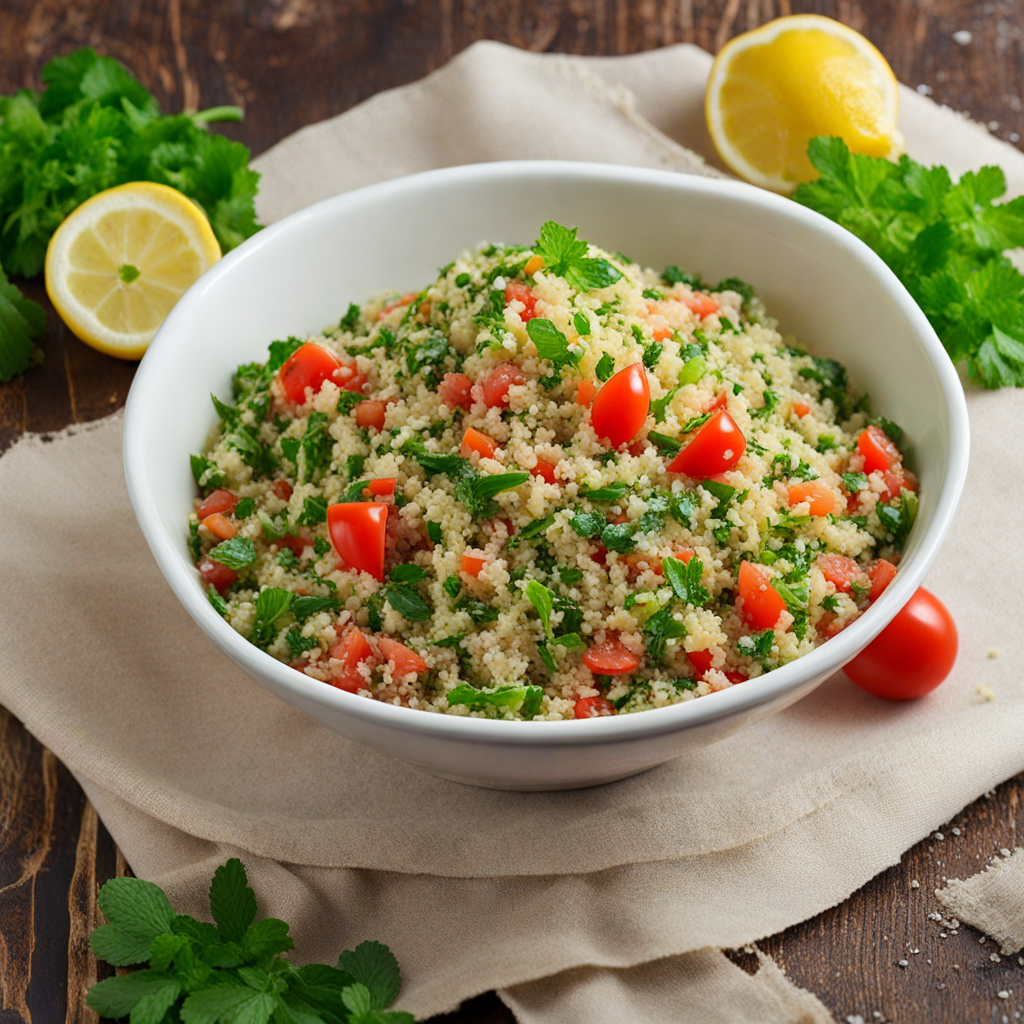Gers Ogaily
قرص عقيلي, known as "Aqili bread," is a traditional Kuwaiti dish that holds a special place in the region's culinary heritage. This flatbread, often associated with the Bedouin lifestyle, is characterized by its unique preparation methods and aromatic flavors. Its origins can be traced back to the nomadic tribes that roamed the Arabian Peninsula, where simple yet hearty foods were crafted from readily available ingredients. Over the years, قرص عقيلي has evolved into a beloved staple in Kuwaiti households and is often enjoyed during celebrations, gatherings, and family meals. The flavor profile of قرص عقيلي is both rich and comforting. The bread is typically infused with a blend of spices, which may include cardamom, cumin, and sometimes saffron, giving it a distinct aromatic quality. When freshly baked, it exudes a warm, inviting aroma that beckons you to take a bite. The bread has a slightly crispy exterior, while the inside remains soft and chewy, creating a delightful contrast in texture. The subtle spicing enhances the overall taste, making it a versatile accompaniment to various dishes, such as stews, grilled meats, or even enjoyed on its own with a drizzle of honey or a spread of cheese. Preparation of قرص عقيلي involves a few key steps that reflect the traditional methods passed down through generations. The main ingredient is a mixture of flour—often a combination of wheat flour and whole wheat flour—water, salt, and yeast
How It Became This Dish
Origin of قرص عقيلي قرص عقيلي, known for its unique taste and texture, is a traditional Kuwaiti dish that has its roots deeply embedded in the culinary practices of the region. The origins of this dish can be traced back to the Bedouin tribes that roamed the Arabian Peninsula, where the scarcity of resources and the need for portable food led to the development of simple yet nourishing meals. The term "قرص" translates to "flatbread," while "عقيلي" suggests a connection to the city of Al Ahmadi, an area in Kuwait where this dish gained particular popularity. Traditionally, قرص عقيلي is made with a blend of wheat flour, water, and a pinch of salt, which is then kneaded into a dough. The dough is flattened into round shapes and baked in traditional clay ovens, known as "taboon." This cooking method imparts a distinct flavor and texture to the bread, making it a staple in many Kuwaiti households. The use of local ingredients and age-old techniques reflects the resourcefulness of the people in adapting to their environment. Cultural Significance The cultural significance of قرص عقيلي extends beyond its role as a mere food item; it embodies the essence of Kuwaiti identity and heritage. During festive occasions, family gatherings, and communal celebrations, قرص عقيلي is often served as a symbol of hospitality. It is not uncommon for families to prepare large quantities of this bread to share with neighbors and friends, reinforcing social bonds and community spirit. Moreover, قرص عقيلي is often accompanied by various traditional dishes, such as stews and grilled meats, enhancing its cultural importance as a communal meal. The act of breaking bread together is a cherished tradition in Kuwaiti culture, signifying unity and shared experiences. As Kuwait has embraced modernization, the consumption of قرص عقيلي has remained a constant, linking generations through shared culinary practices. Development Over Time As Kuwait evolved through the 20th century, so too did the culinary landscape, including the preparation and presentation of قرص عقيلي. The influx of expatriates and international influences introduced new flavors and cooking methods, leading to a fusion of traditional and modern culinary practices. While the core ingredients and traditional methods have largely remained unchanged, variations of قرص عقيلي have emerged, incorporating spices and ingredients from other cuisines. One notable development is the introduction of fillings within the bread. While the classic version is simply flatbread, contemporary interpretations may feature fillings such as spiced meats, vegetables, or even sweet ingredients, catering to diverse palates and dietary preferences. This evolution reflects the broader trends in Kuwaiti cuisine, where traditional foods are being reimagined to create new culinary experiences while still honoring their origins. Regional Variations While قرص عقيلي is primarily associated with Kuwait, it shares similarities with other traditional breads found throughout the Gulf region. Each country has its unique twist on the recipe, adapting it to local tastes and ingredients. For instance, in Saudi Arabia, a similar bread known as "khubz" is commonly consumed, while in the UAE, "regag" is a thinner variant often served with breakfast. These regional variations highlight the interconnectedness of Gulf cuisines and the shared heritage among neighboring countries. Despite these differences, the essence of قرص عقيلي as a symbol of hospitality and community remains consistent across the region. The dish serves as a reminder of the historical trade routes and cultural exchanges that have shaped the culinary landscape of the Arabian Peninsula. Modern-Day Consumption In contemporary Kuwait, قرص عقيلي continues to hold a cherished place in the hearts and homes of many. It is not only served during special occasions but has also found its way into everyday meals, showcasing its versatility. Many families still adhere to the traditional method of baking in clay ovens, while others opt for modern conveniences such as electric ovens to prepare the bread. Additionally, with the rise of social media and food blogging, there has been a renewed interest in traditional Kuwaiti dishes, including قرص عقيلي. Food enthusiasts and culinary experts often share recipes and cooking techniques online, fostering a sense of pride in local cuisine. This digital renaissance has led to a resurgence of interest in traditional foods among younger generations, ensuring that the practices surrounding قرص عقيلي will continue to thrive. Conclusion The journey of قرص عقيلي is a testament to the rich culinary heritage of Kuwait and the Arabian Peninsula. Its evolution from a simple flatbread to a beloved symbol of community and hospitality reflects the dynamic nature of food as a cultural expression. As Kuwait continues to navigate the complexities of modernization and globalization, the enduring popularity of قرص عقيلي reaffirms the importance of preserving traditional culinary practices. Through gatherings, celebrations, and shared meals, this dish will undoubtedly remain a vital part of Kuwait's cultural identity for generations to come.
You may like
Discover local flavors from Kuwait


